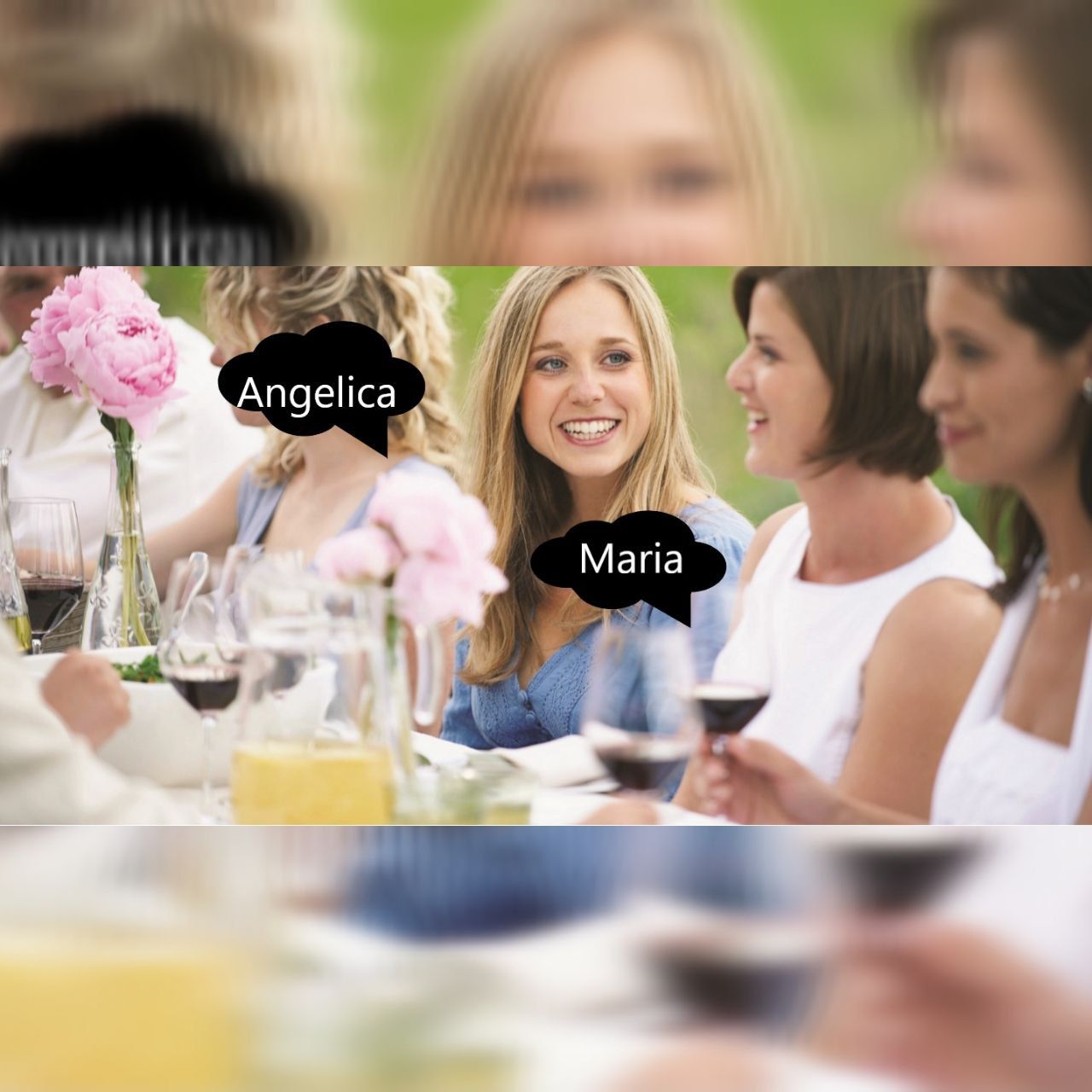
Day 29: Weddings
Omschrijving
ANGELICA: Doesn’t the bride look beautiful in that wedding dress?
MARIA: Yes. She looks amazing. And the groom is so romantic.
I just heard the story of how they got engaged! He
proposed to her during a candlelight dinner in London.
Did you know that was where they went to school?
ANGELICA: Oh? Wonderful. And the honeymoon! What a great
idea! Most people just go to the beach for a week
after they tie the knot. But they plan on heading to
California and cruising the coast on their motorcycle.
MARIA: Really! What a fantastic idea. This is by far the best
wedding I’ve ever been to
LANGUAGE NOTES
• Doesn’t …? When you have a negative question, the expected answer is “yes.” As
such, it expresses the exact opposite of what is being conveyed (i.e., the bride DOES
look absolutely beautiful).
• Listen to the stress on honeymoon. There are three syllables in “honeymoon,” with the
stress on the first syllable [HO-ney-moon]. This content word is culturally important, so
it’s emphasized: It means a trip or vacation taken by a newly married couple.
• Tie the knot is an informal way of saying “get married.”
• Can you find and explain the two usages of just in this dialogue? “Just” is an adverb
that can be used in two different ways:
a) To indicate a very recent past (I just heard the story). When used to convey
time, “just” is commonly used with a simple past verb because the action is
complete. Sometimes it can also be used with the present perfect (He’s just
finished writing a book).
b) To indicate contrast or emphasis (Most people just go to the beach). In that
case, “just” can be replaced by “simply” and emphasize the word it relates to
(a verb, adjective or other adverb) by denoting contrast. Compare the following
sentences: “They just got married yesterday” (adverb of time). “The wedding
reception was just wonderful” (adverb of emphasis).
Podcast Kanaal
English Conversation practice (30-day challenge)
Auteur
Alle afleveringen
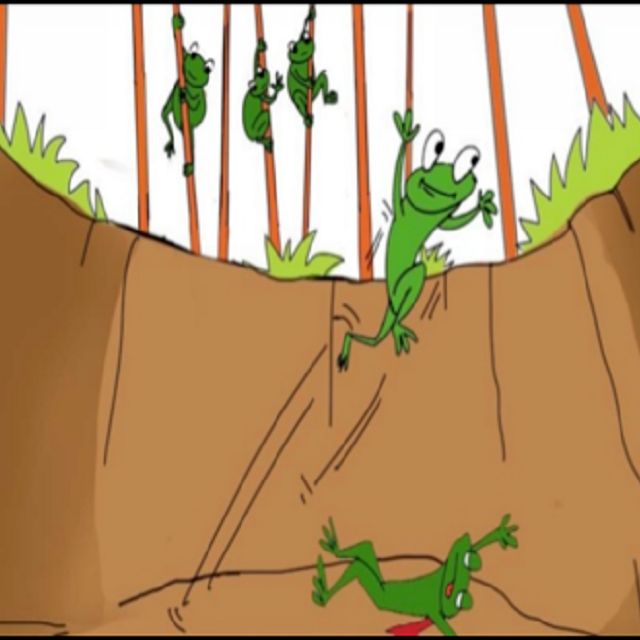
The Group of Frogs

Talking about certainty in Saudi Arabic
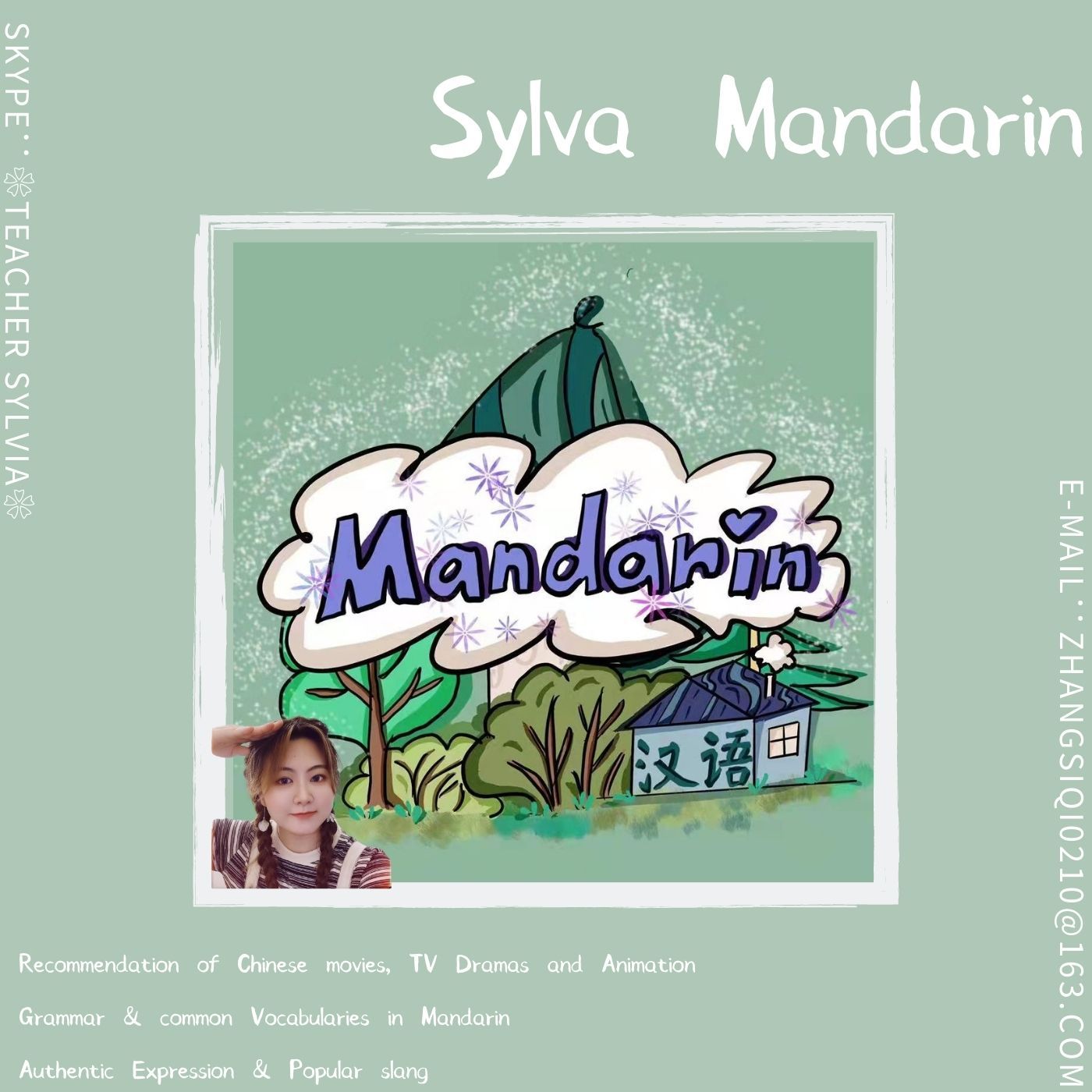
一点儿VS有点儿VS一下儿, how do we say “a little” in mandarin?
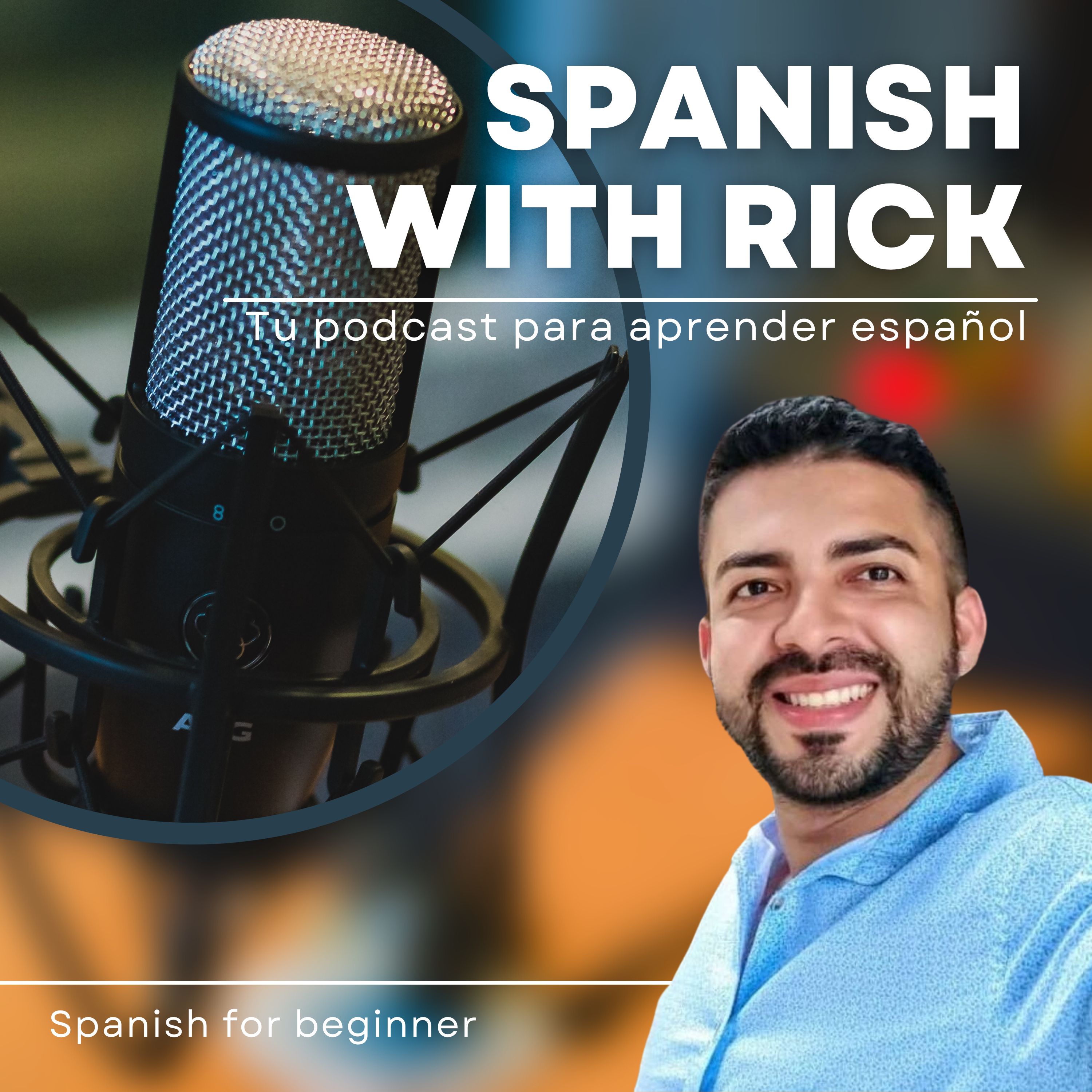
Episodio 6 - Costa Rica, pura vida.

Learn Turkish | Turkish Podcast For Basic Level -1

I Found a Frog

Want more MONEY? Use Persuasion - Episode 97
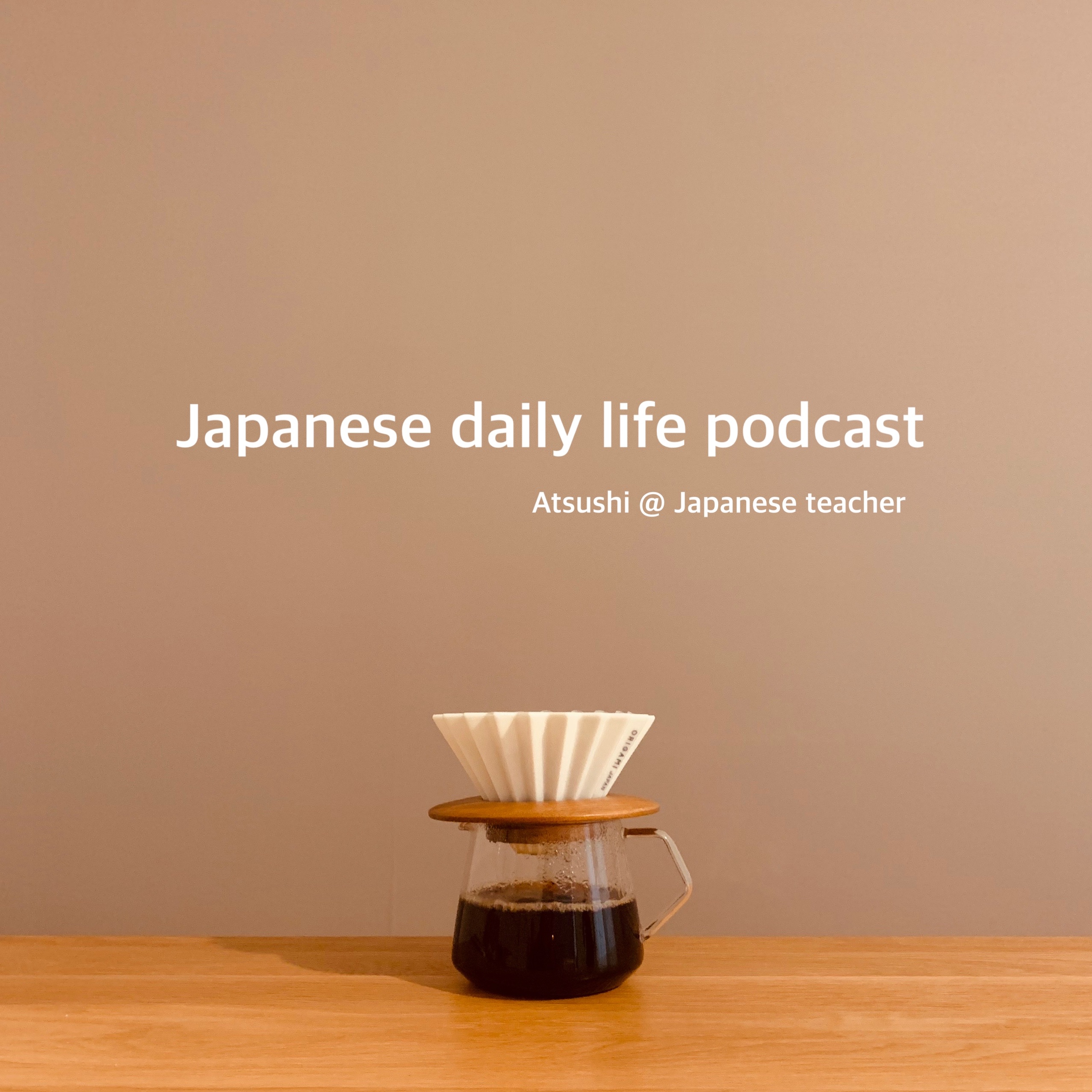
#202 朝の散歩コースについて!
Populaire afleveringen

Short Stories with Rose
The Group of Frogs

Aprende árabe con Radia
Talking about certainty in Saudi Arabic

Sylva Mandarin
一点儿VS有点儿VS一下儿, how do we say “a little” in mandarin?

Learn Spanish with Rick.
Episodio 6 - Costa Rica, pura vida.

Learn Turkish Directly
Learn Turkish | Turkish Podcast For Basic Level -1

Storytime with Teacher Lauren
I Found a Frog

The Global Professional Podcast
Want more MONEY? Use Persuasion - Episode 97

Atsushi のJapanese podcast (travel/news /文法・漢字・語彙/Osaka/Hokkaido/🇹🇷🇬🇪🇦🇲🇪🇸🇵🇹)
#202 朝の散歩コースについて!